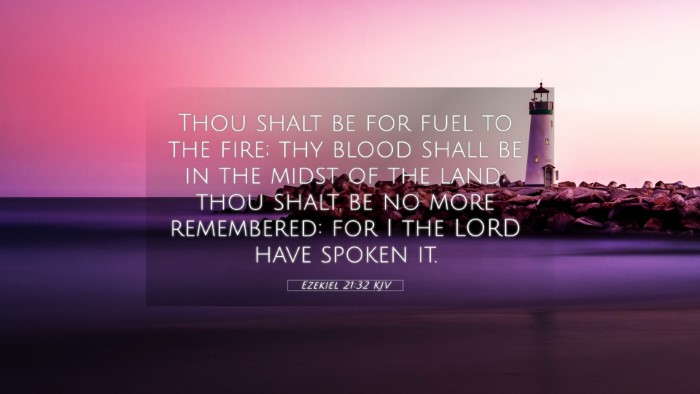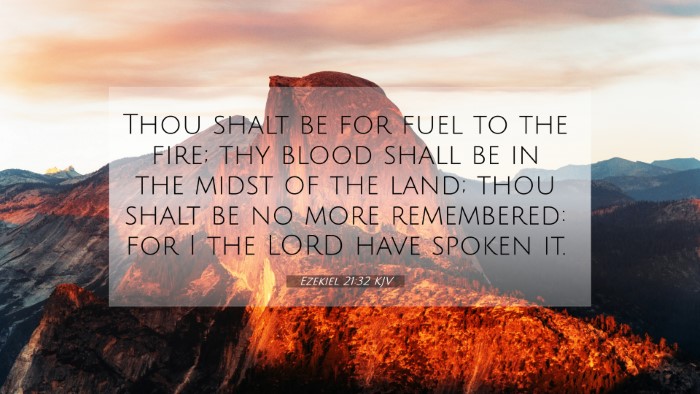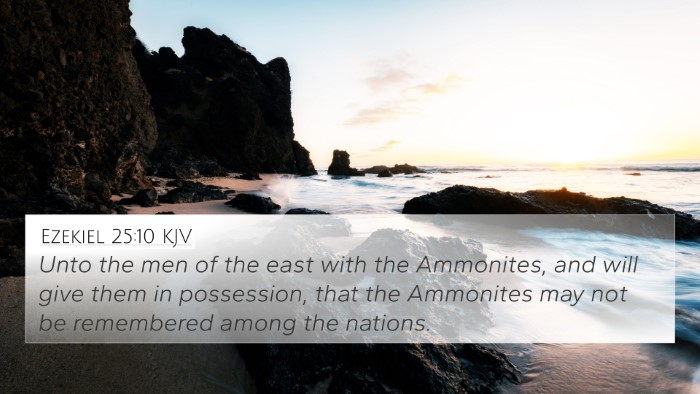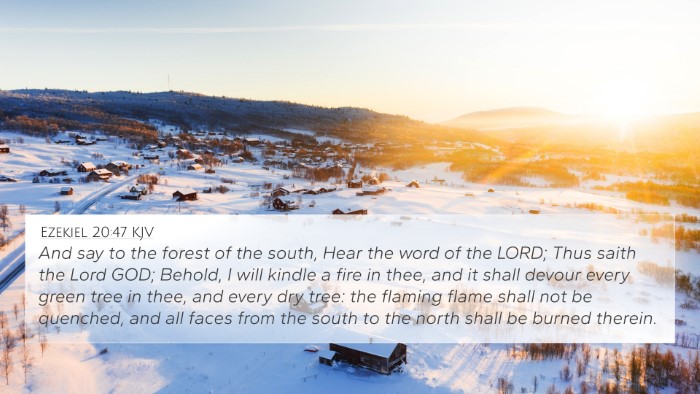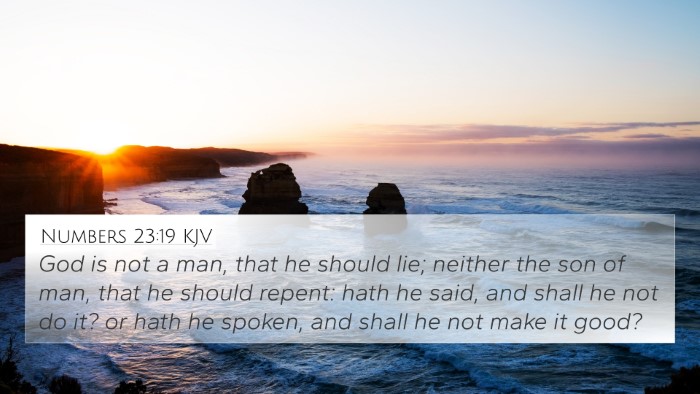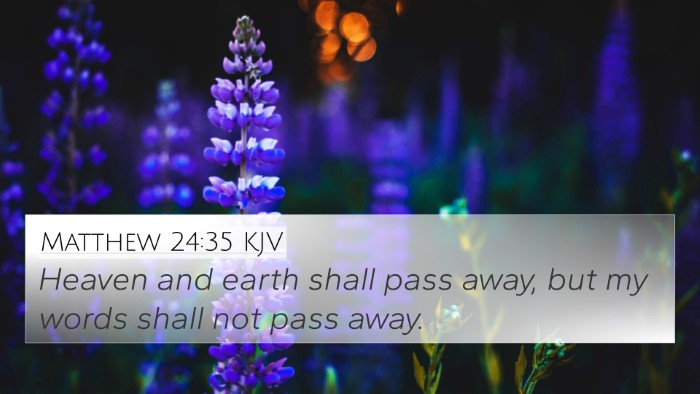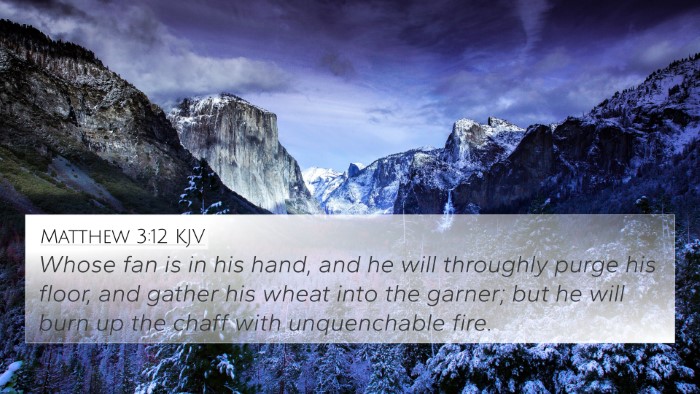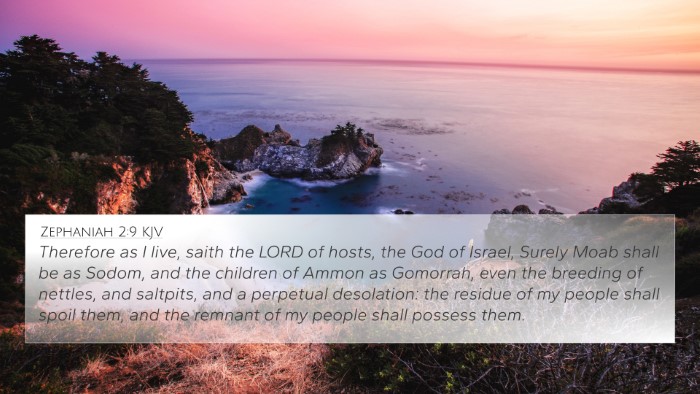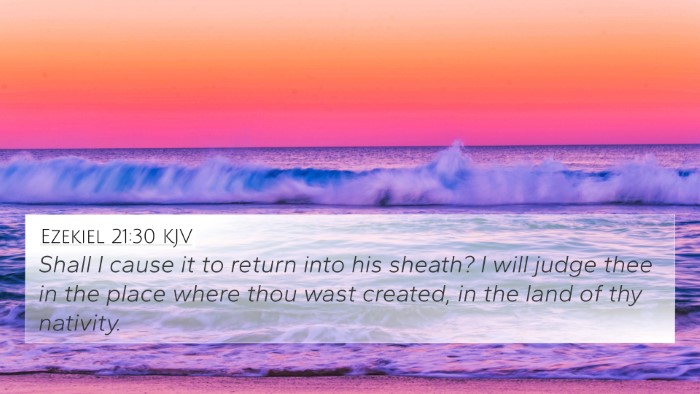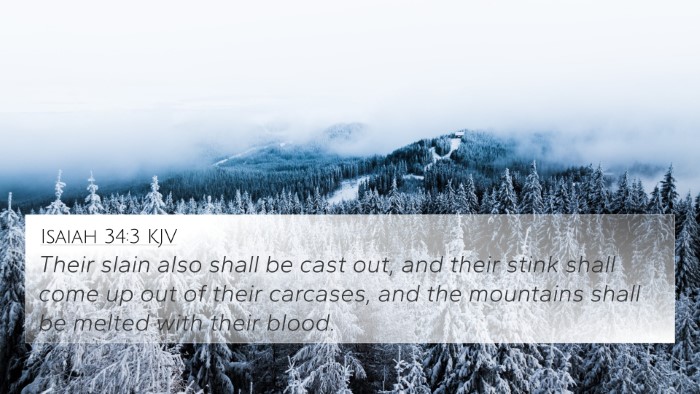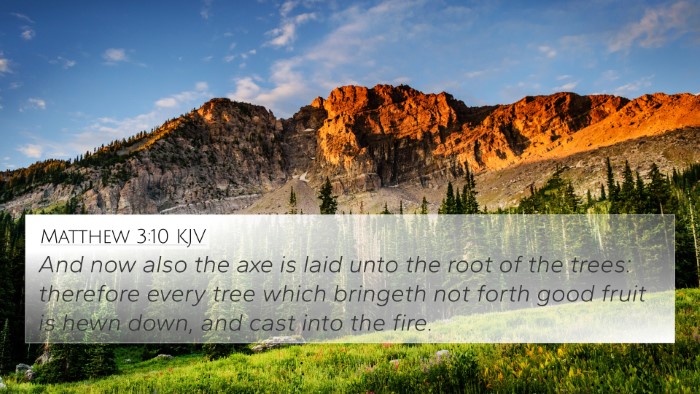Ezekiel 21:32 - A Comprehensive Analysis
Bible Verse: Ezekiel 21:32 - "Thou shalt be for fuel to the fire; thy blood shall be in the midst of the land; thou shalt be no more remembered: for I the Lord have spoken it."
Summary of Meaning
This verse from Ezekiel serves as a solemn declaration of judgment against Jerusalem, articulating God's intention to bring destruction and remind the people of His covenant. The imagery of being "for fuel to the fire" signifies that those judged will ultimately contribute to God's plans through their actions, highlighting the consequence of rebellion against divine law.
Commentary Insights
Matthew Henry's Commentary
Matthew Henry emphasizes the certainty of God's judgment. He notes how the metaphor of fire symbolizes destruction and the finality of God's discipline. He stresses the reality that the sinful state of the people leads to their downfall and eventual removal from remembrance, underlining God's sovereignty and righteous wrath.
Albert Barnes' Notes
Albert Barnes expands on the theme of desolation brought about by sin. He explains that the reference to "blood" in the land signifies guilt and impending retribution. His commentary outlines how this verse relates to the broader narrative of God’s warnings, stressing that divine judgment is inevitable when the covenant is forsaken.
Adam Clarke's Commentary
Adam Clarke interprets this verse with a focus on its prophetic context. He highlights that the mention of blood and fire symbolizes both sacrifice and destruction. Clarke draws a parallel between this prophetic declaration and the ultimate realization of God's plan for His people, reinforcing the idea of divine judgment followed by eventual restoration.
Cross References
- Jeremiah 17:27: Emphasizes the consequences of disobedience and the fate of the city.
- Isaiah 34:9-10: Discusses the burning of Edom, echoing the theme of divine judgment.
- Ezekiel 18:30: Calls for repentance to escape judgment, contrasting with the fate described in Ezekiel 21:32.
- Revelation 20:15: The ultimate fate of those not found in the book of life resonates with the impending doom of the people.
- Romans 6:23: The wages of sin leading to death directly connects to the punishment described in Ezekiel.
- Leviticus 17:10-14: Explains the significance of blood in the context of atonement and highlights the solemnity of bloodshed.
- Luke 13:3: Jesus’ call for repentance echoes the warning in Ezekiel, indicating the urgency to turn from sin.
Thematic Connections
The verse reflects several key biblical themes:
- **Divine Judgment**: God's authority and the consequence of sin.
- **Covenant Faithfulness**: The call to remember God’s covenant and the reactions to its violation.
- **Hope of Restoration**: Despite the judgment, the broader narrative points to subsequent restoration for those who repent.
Connecting the Old and New Testament
In understanding Ezekiel 21:32, one can draw threads to New Testament teachings that emphasize accountability and the need for repentance. Scriptures that echo themes of judgment, such as Matthew 25:41-46 and Luke 12:5, highlight the continuity in God’s dealings with humanity.
Conclusion
This verse serves as a stark reminder of the consequences of sin and the unwavering justice of God. By analyzing Ezekiel 21:32 through the lenses of various public domain commentaries, we gain a fuller understanding of its significance both in its historical context and in its thematic connections throughout scripture.

